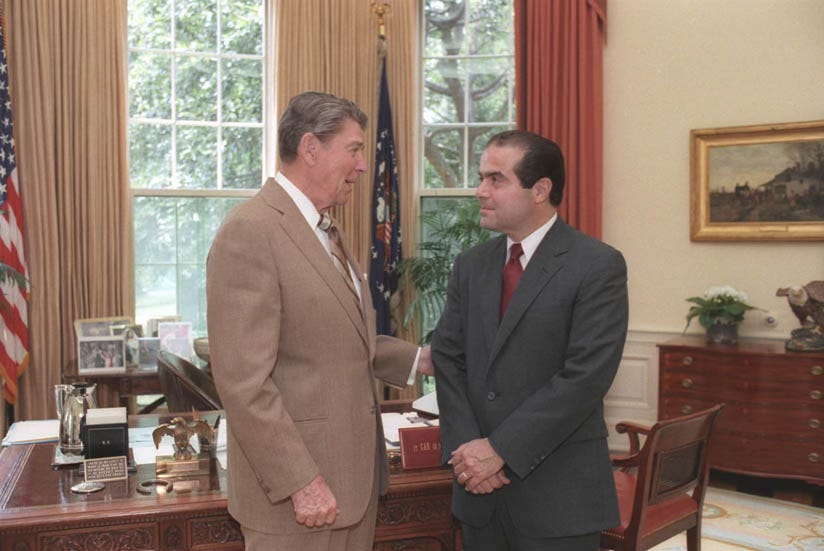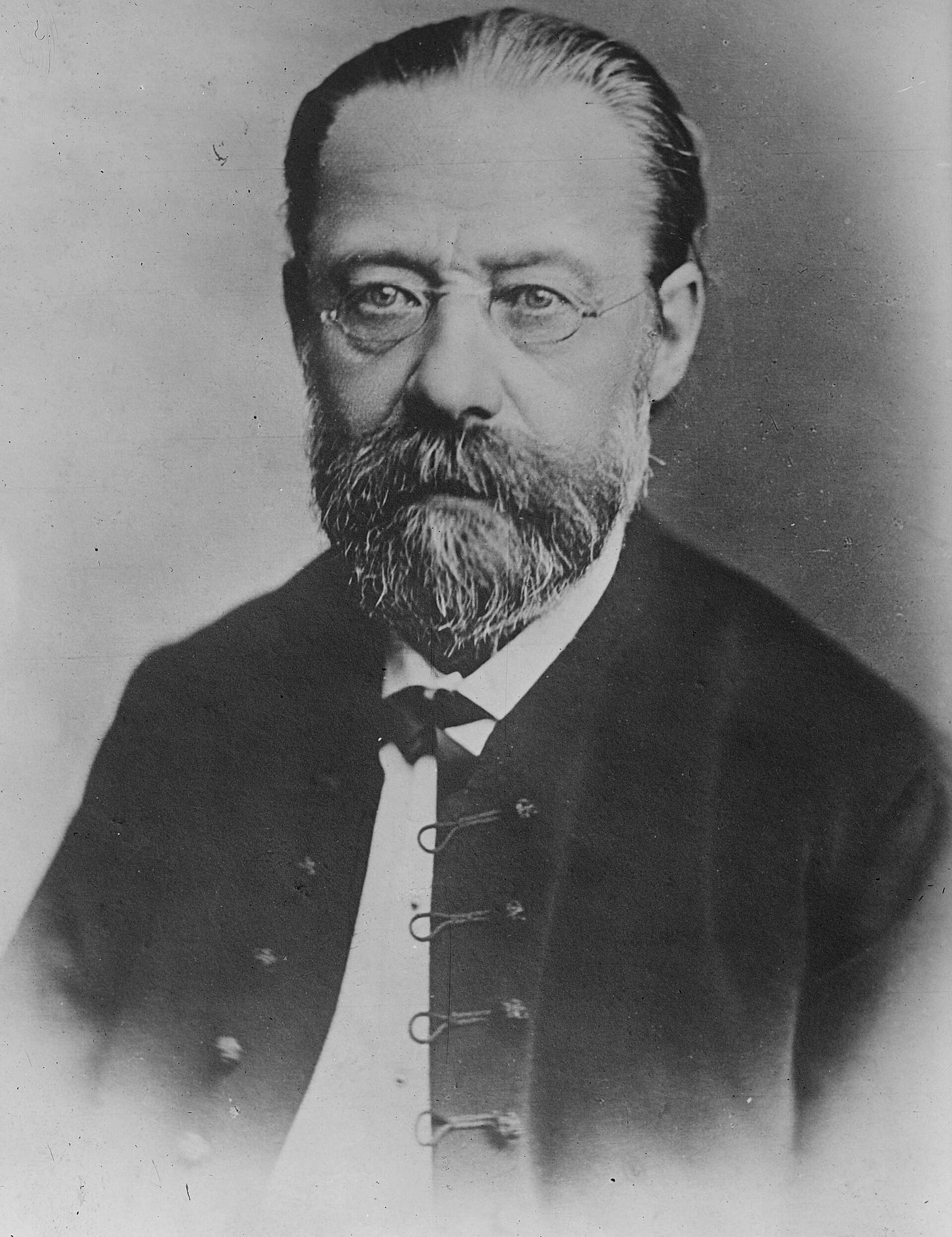
This Day in Legal History: Plaut v. Spendthrift Farm, Inc.
On April 18, 1995, the U.S. Supreme Court delivered its opinion in Plaut v. Spendthrift Farm, Inc., a significant decision reinforcing the constitutional principle of separation of powers. The case arose after Congress enacted legislation requiring federal courts to reopen certain final judgments in securities fraud cases that had been dismissed under an earlier statute of limitations ruling. The plaintiffs, whose claims had already been dismissed with finality, sought to revive their lawsuits under this new provision.
In a 7–2 decision, the Court struck down the law, holding that Congress cannot force Article III courts to reopen final judgments. Writing for the majority, Justice Antonin Scalia stressed the importance of finality in judicial decisions and warned against legislative interference with core judicial functions. He argued that once a case is decided, it becomes law of the case and should not be revisited at Congress’s whim.
The ruling underscored the judiciary’s independence from political pressure and reaffirmed that each branch of government must respect the constitutional boundaries of the others. Scalia noted that permitting Congress to override final court decisions would blur the lines between legislative and judicial authority, threatening the rule of law.
This decision was not just a technical interpretation of procedural law; it was a firm statement about institutional integrity. Plaut became a cornerstone case for understanding the limits of congressional power over the courts. It continues to be cited in debates over judicial independence and the sanctity of final judgments.
A federal appeals court rejected an emergency attempt by the Trump administration to block a judge's order requiring the government to aid in the return of Kilmar Abrego Garcia, a Maryland man deported to El Salvador despite a 2019 court ruling barring his removal. The court condemned the Justice Department’s actions, with Judge Harvie Wilkinson calling them a violation of fundamental liberties and due process. He criticized the administration for acting as though it could abandon individuals in foreign prisons without legal recourse.
The Supreme Court previously upheld a similar directive from District Judge Paula Xinis, requiring the administration to work toward bringing Abrego Garcia back from Salvadoran custody. The government claims Garcia is affiliated with the MS-13 gang and lacks the right to remain in the U.S., arguing that Xinis overstepped by involving herself in foreign affairs. However, Wilkinson stressed that due process rights apply regardless of alleged affiliations and warned that ignoring court orders could lead to broader abuses of power, including the potential deportation of U.S. citizens.
Abrego Garcia, who has no criminal record in either country, was deported alongside 250 alleged gang members to El Salvador’s high-security prison. His 2019 immigration court ruling protected him from deportation due to threats of gang-based extortion.
Trump Loses Emergency Appeal to Halt Maryland Deportation Case
The U.S. Supreme Court will hear arguments on May 15 regarding President Donald Trump’s attempt to limit birthright citizenship, a constitutional principle rooted in the 14th Amendment. Although the case won’t directly determine the legality of Trump’s executive order, it will address whether lower court rulings that blocked the policy nationwide should be scaled back to apply only to specific plaintiffs or jurisdictions.
Trump’s order, signed in January, seeks to deny citizenship to babies born in the U.S. unless at least one parent is a citizen or permanent resident. It directs federal agencies to withhold documents like Social Security cards and passports from newborns who don’t meet that criterion. Critics argue this violates well-established legal interpretations of the 14th Amendment, which affirms citizenship for nearly everyone born on U.S. soil.
The Justice Department argues that nationwide injunctions—orders that block policies across the country—exceed judicial authority and should be narrowed. The administration also questions whether the states and groups suing have legal standing. Despite these claims, lower courts have uniformly refused to allow the executive order to take effect.
Opponents, including 22 Democratic-led states and immigration advocacy groups, argue that Trump’s effort seeks to strip citizenship from thousands of children and overturn long-standing legal precedent. Trump maintains that birthright citizenship was originally intended only for formerly enslaved people, not for the children of non-citizens.
US Birthright Citizenship: Supreme Court to Hear Arguments in Case - Bloomberg
US Supreme Court to hear Trump bid to enforce birthright citizenship order | Reuters
Fifth Circuit Judge James Ho sharply criticized the power of trial-level judges in a recent opinion, focusing on what he sees as overreach in politically sensitive cases. Ho issued a writ of mandamus instructing a district judge in Louisiana to vacate her order reopening a death penalty case years after it had been dismissed. He was joined by fellow Trump appointee Judge Andrew Oldham, while Judge Catharina Haynes dissented, arguing the appellate process should proceed normally.
In his concurring opinion, Ho warned against what he called the misuse of judicial power to obstruct democratic outcomes. He connected the Louisiana case to a recent U.S. Supreme Court decision that reversed a nationwide order from Chief Judge James Boasberg in Washington, D.C., which had blocked the deportation of alleged Venezuelan gang members under the Alien Enemies Act. The Supreme Court said the Venezuelan plaintiffs should have filed their suit in Texas, where they were detained, effectively transferring jurisdiction and narrowing Boasberg’s reach.
Ho used that ruling to reinforce his argument that appellate courts must intervene swiftly when district judges exceed their authority. He accused some judges of rushing to block policies they oppose politically, calling it a threat to the electorate’s choices and governmental efficiency. He argued that deferring to the standard appeals timeline enables what he called “district judge supremacy.”
Judge Haynes pushed back in dissent, criticizing the majority’s allegation that the district court manipulated legal processes, especially since neither party in the case had challenged the judge’s integrity. She maintained the threshold for a mandamus was not met and objected to the majority's tone and assumptions.
James Ho Knocks Trial Judge Who Blocked Venezuelan Deportations
This week’s closing theme is The Moldau by Bedřich Smetana, a defining work in Czech Romantic nationalism and one of the most evocative tone poems in classical music. Smetana, born in 1824 in what is now the Czech Republic, was a pioneering composer who sought to express the identity, history, and natural beauty of his homeland through music. A contemporary of Liszt and Wagner, he was deeply influenced by the idea of programmatic music—compositions that tell a story or paint a picture without the use of words.
The Moldau (or Vltava, in Czech) is the second and most famous piece from Smetana’s larger symphonic cycle Má vlast(My Homeland), composed between 1874 and 1879. The piece traces the course of the Vltava River from its source in the Bohemian forest, through the countryside, past villages and castles, and ultimately to its merger with the Elbe River. Through rich orchestration and shifting textures, Smetana portrays everything from bubbling springs and flowing currents to a peasant wedding and moonlit night dances by water nymphs.
Composed while Smetana was going completely deaf, The Moldau is as much a feat of imagination as it is of musical skill. The main theme, introduced by the flutes and then carried through the orchestra, is one of the most recognizable and emotionally stirring in classical music. It serves not just as a musical depiction of a river but as a symbol of Czech identity, resilience, and natural beauty.
Closing with The Moldau offers a moment to reflect on continuity, movement, and national spirit—fitting themes for a week shaped by legal currents and constitutional debate.
Without further ado, The Moldau, by Bedřich Smetana – enjoy!














Share this post